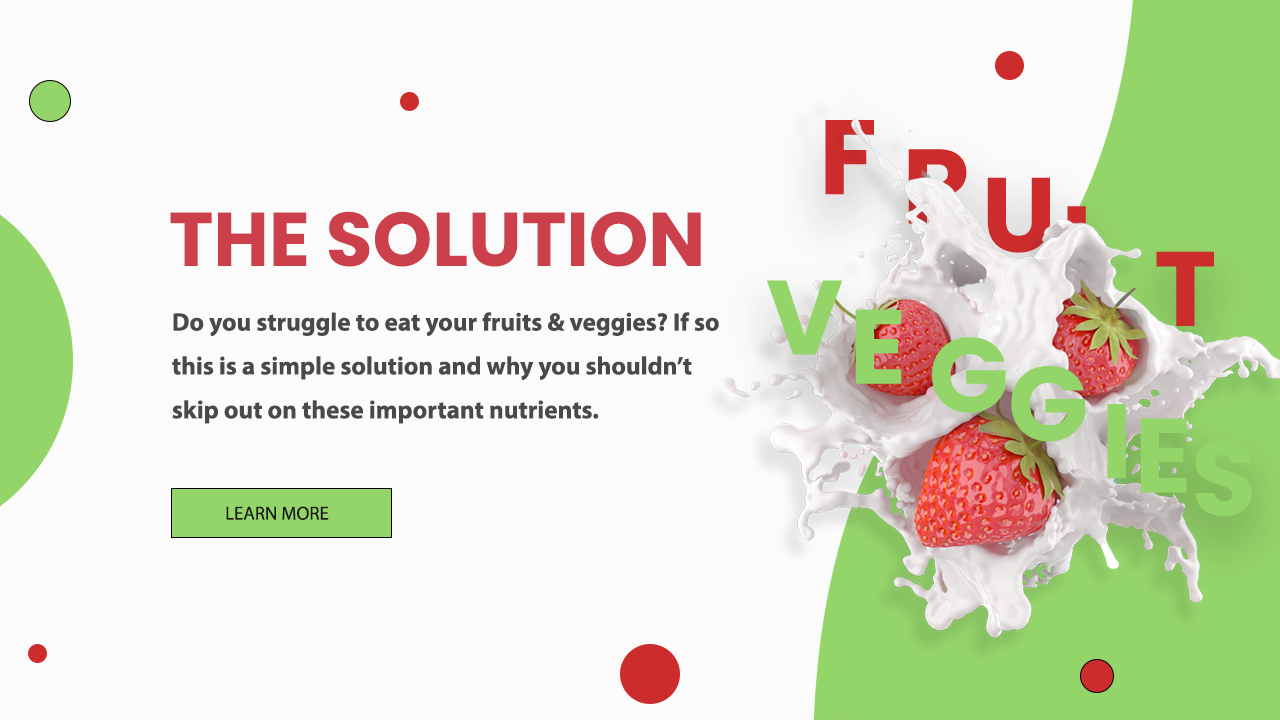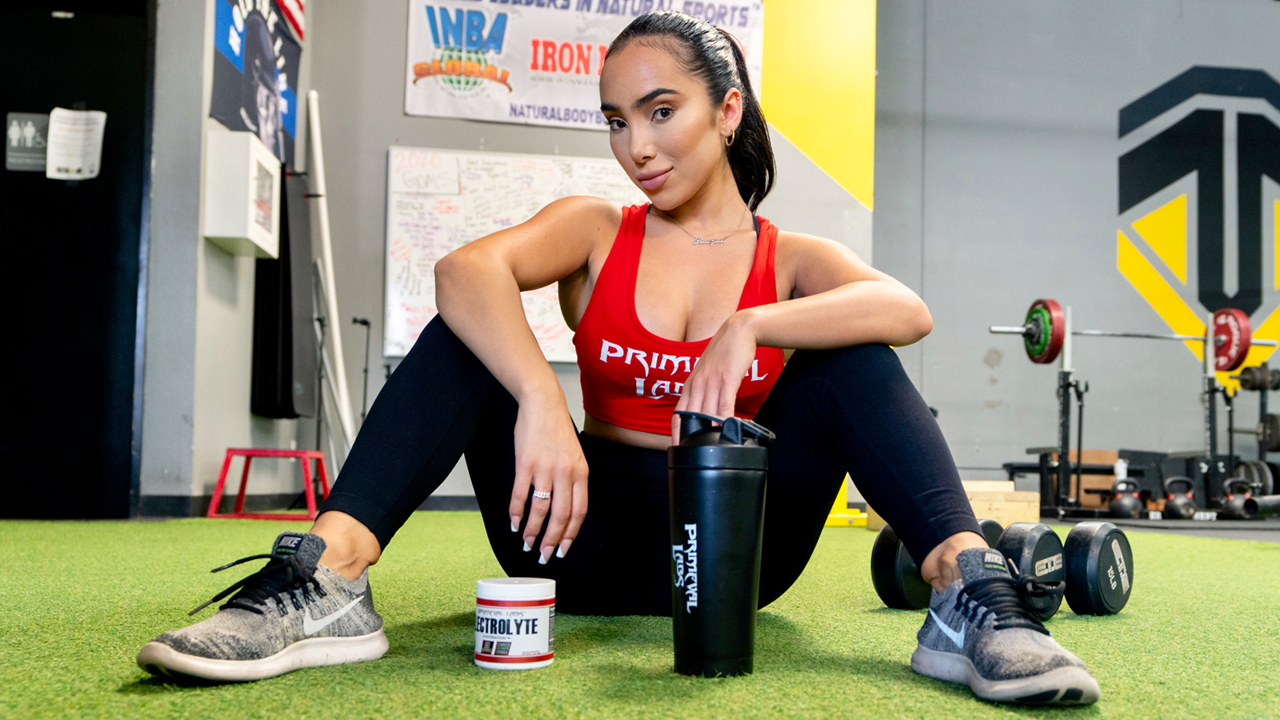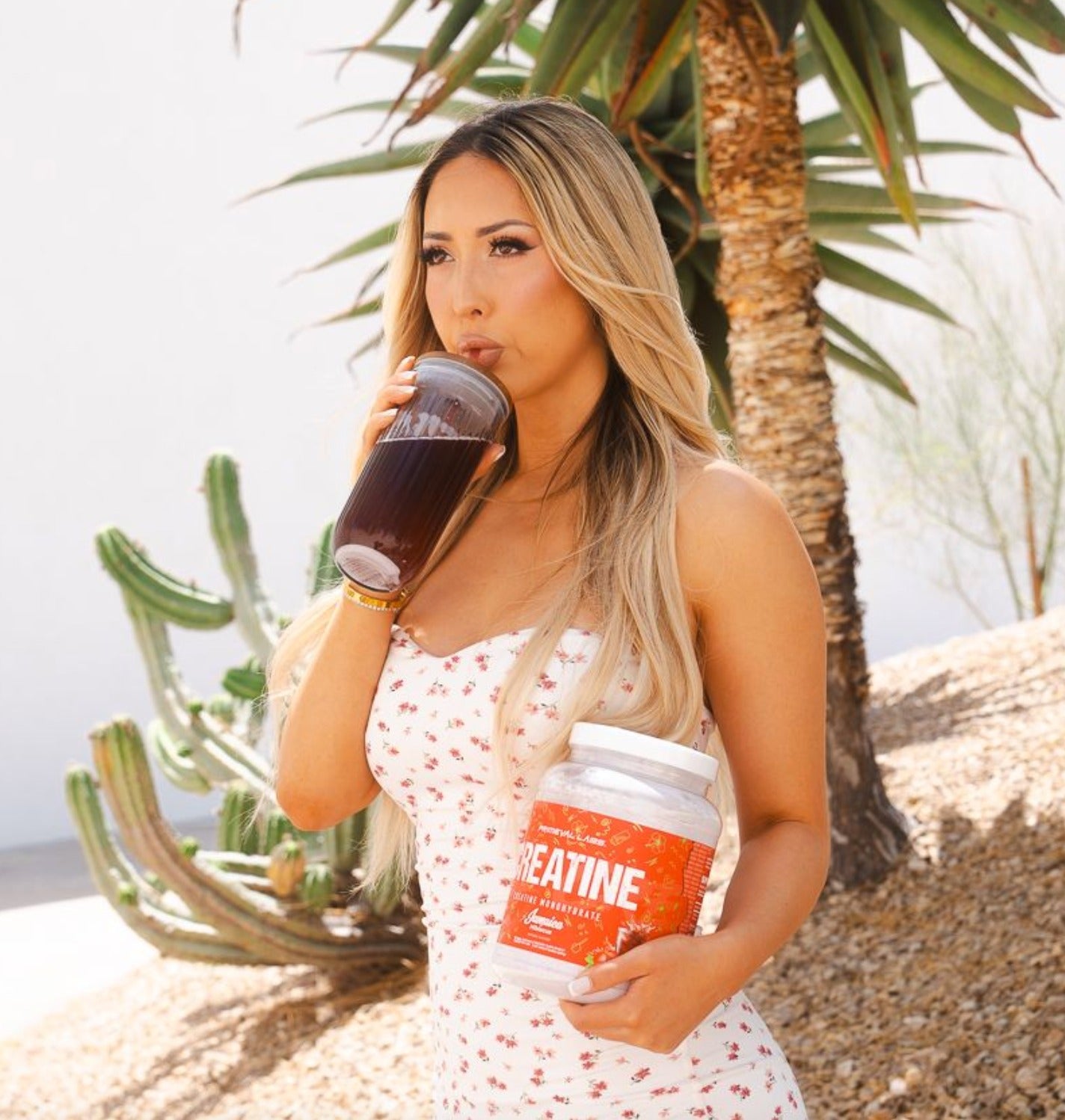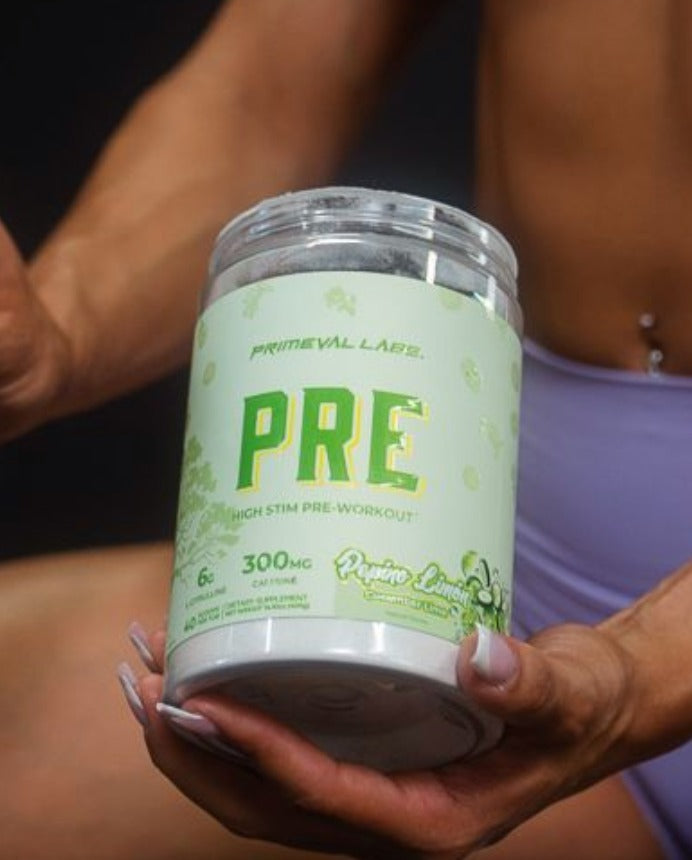Suffice it to say that the diet for the average individual is usually pretty pathetic. It’s high in calories and hyper-processed foods as well as woefully deficient in micronutrients (i.e. fruits and veggies).
In fact, estimates indicate that just 1 in 10 adults meet the recommended daily intake for fruit or vegetable.[1]
Your parents (and/or grandparents) probably reminded you daily (if not at every meal) of the importance of eating your fruits and veggies. But, if their sage advice wasn’t convincing enough, or you want further evidence for why eating enough fruits and vegetables is important, then perhaps you will consider this:
Higher intakes of fruits and vegetables appears to reduce the risk of[2,3,4]:
- Type 2 Diabetes
- Obesity
- Cardiovascular disease
- Hypertension (high blood pressure)
- High blood cholesterol
- Stroke
- Asthma
- Chronic obstructive pulmonary disease (COPD)
- Osteoporosis
- Premature death
Protective effects fruit and vegetable intake were observed when individuals consumed between 200-300 grams per day.[4]
Cohort studies have also noted that the consumption of vegetables is associated with a 14% lower risk of depression.[5] And, for every 100-g increase in vegetable intake researchers noted an associated 3 % reduced risk of depression in cohort studies.[5]
Despite the recommendations of health officials and the evidence that eating sufficient amounts of fruits and vegetables benefits health and longevity, the average individual simply doesn’t eat enough.
Current dietary guidelines recommend that adults eat at least 1½ to 2 cups per day of fruit and 2 to 3 cups per day of vegetables.
For those of you who struggle to consume enough produce each day, here are some ways to incorporate more fruits and vegetables into the diet.
5 Ways to Increase Fruit & Veggie Intake
#1 Blend It Up
Smoothies are a fantastic way to start the day with a hefty punch of protein and micronutrients. Truth be told, while many people choose to have a smoothie for breakfast, the reality is that you can whip up one any time you want a quick fix, no-hassle meal.
But, these aren’t your average fruit-only smoothies you get at the local juice bar.
The kind of smoothies we’re talking about are packed with protein, fiber, healthy fats, and micronutrients from fruits and vegetables.
Here’s one of our favorite high-protein smoothies:
- 1 cup milk
- 1 scoop ISOLIT or WHEY protein powder
- 1 serving frozen berries
- 1 serving frozen spinach
- ½ frozen banana
- 1 tablespoon peanut butter (or powdered peanut butter)
- Optional: 1 tablespoon dark cocoa powder
- ½-1 cup ice
Put all ingredients in a blender and blend until you have a thick, creamy delicious shake. The above recipe is a base to which you can add the likes of cinnamon, vanilla extract, mint, or even pumpkin pie spice.
#2 Sneak ‘Em In
Increasing your fruit and veggie intake really is pretty easy, especially if you know your way around the kitchen.
Adding grated carrots, zucchini, and/or onions to marinara sauce, meat loaf, chili, or a stew is a fantastic way to get an extra serving (or two or three) of vegetables. You can also try serving your pasta sauce over zucchini noodles, spaghetti squash, or a combination of squash and regular pasta.
#3 Make a Dip
Raw veggies and ranch salad dressing dip are a combo both loved and loathed (depending on how much you enjoy the taste of veggies and/or ranch).
Regardless of how much you like (or dislike) this combo, there’s no denying that creating a tasty dip has led many kids (both young and old) to eat their veggies.
If ranch isn’t your thing, try dipping your lot of sliced raw veggies into hummus, baba ghannouj, tzatziki, or some other spiced yogurt dip. The combinations are endless, and even the pickiest eater can find a combo that works for them.
#4 Expand Your Horizons
There are a lot of different fruits and vegetables on the market. No longer are you relegated to the likes of broccoli, boiled cabbage, canned green beans, and red apples.
Amongst the bounty of produce at the supermarket, there’s sure to be at least 2-3 different fruits and vegetables that tantalize your taste buds.
Not a fan of broccoli?
Try cauliflower or asparagus or Brussels sprouts or green beans or mustard greens.
There are simply too many options for you to flat out say “I don’t like fruit and vegetables.”
#5 Use a Fruit & Vegetables Supplement
Getting in enough fruit and vegetables daily is a challenge, especially for those that work long hours and/or aren’t particularly fond of plant foods.
For those days when you’re constantly on the go and/or don’t have time to eat like you normally do, a fruit and vegetables supplement can help fill in the gaps and augment your intake of fruits and vegetables.
Fruit & vegetable supplements contain fruits, veggies, grasses, and/or algaes (e.g. spirulina) that have been compacted, dehydrated, and pulverized into powdered form. These powders also provide the body with a ton of antioxidants and alkalizing compounds, such as chlorophyll.
Given the severe lack of fruit and veggie intake in our society, it’s no surprise that sales of greens supplements are on the rise. But, not all greens supplements are equal. As is the case with pre workouts, protein powders, amino acid supplements, some are better quality than others.
Our preferred fruit and vegetable supplement is Primeval Labs Day2Day.
Day2Day is a delicious-tasting nutritional support supplement delivering 5 grams of powdered fruits and vegetables. Each serving of Day2Day also includes a comprehensive blend of digestive enzymes to support gut health and nutrient absorption.
Takeaway
Consuming enough fruits and vegetables is important for overall health and wellness, yet many individuals struggle to consume enough plant matter on a daily basis.
Fruit and vegetable supplements can help increase intake of micronutrient-rich foods, but it’s important to remember that using a fruits and vegetables supplement is not a substitute for actual food.
But, they can be used to augment and support your intake on those days when you may not be able to eat as you normally do.
Fruit and vegetable supplements, like Day2Day, can be consumed on their own and/or mixed into your ISOLIT-fueled smoothie for an added nutritional punch.
References
- CDC press releases. (2019, November 20). CDC. https://www.cdc.gov/media/releases/2017/p1116-fruit-vegetable-consumption.html
- Ju-Sheng Zheng, Stephen J Sharp, Fumiaki Imamura, Rajiv Chowdhury, Thomas E Gundersen, Marinka Steur, Ivonne Sluijs, Yvonne T van der Schouw, Antonio Agudo, Dagfinn Aune, Aurelio Barricarte, Heiner Boeing, María-Dolores Chirlaque, Miren Dorronsoro, Heinz Freisling, Douae El-Fatouhi, Paul W Franks, Guy Fagherazzi, Sara Grioni, Marc J Gunter, Cecilie Kyrø, Verena Katzke, Tilman Kühn, Kay-Tee Khaw, Nasser Laouali, Giovanna Masala, Peter M Nilsson, Kim Overvad, Salvatore Panico, Keren Papier, J Ramón Quirós, Olov Rolandsson, Daniel Redondo-Sánchez, Fulvio Ricceri, Matthias B Schulze, Annemieke M W Spijkerman, Anne Tjønneland, Tammy Y N Tong, Rosario Tumino, Elisabete Weiderpass, John Danesh, Adam S Butterworth, Elio Riboli, Nita G Forouhi, Nicholas J Wareham. Association of plasma biomarkers of fruit and vegetable intake with incident type 2 diabetes: EPIC-InterAct case-cohort study in eight European countries. BMJ, 2020; m2194 DOI: 10.1136/bmj.m2194
- Aune D, Giovannucci E, Boffetta P, Fadnes LT, Keum N, Norat T, Greenwood DC, Riboli E, Vatten LJ, Tonstad S. Fruit and vegetable intake and the risk of cardiovascular disease, total cancer and all-cause mortality-a systematic review and dose-response meta-analysis of prospective studies. Int J Epidemiol. 2017 Jun 1;46(3):1029-1056. doi: 10.1093/ije/dyw319. PMID: 28338764; PMCID: PMC5837313.
- Yip CSC, Chan W, Fielding R. The Associations of Fruit and Vegetable Intakes with Burden of Diseases: A Systematic Review of Meta-Analyses. J Acad Nutr Diet. 2019 Mar;119(3):464-481. doi: 10.1016/j.jand.2018.11.007. Epub 2019 Jan 11. PMID: 30639206.
- Saghafian F, Malmir H, Saneei P, Milajerdi A, Larijani B, Esmaillzadeh A. Fruit and vegetable consumption and risk of depression: accumulative evidence from an updated systematic review and meta-analysis of epidemiological studies. Br J Nutr. 2018 May;119(10):1087-1101. doi: 10.1017/S0007114518000697. PMID: 29759102.













Leave a comment
This site is protected by hCaptcha and the hCaptcha Privacy Policy and Terms of Service apply.